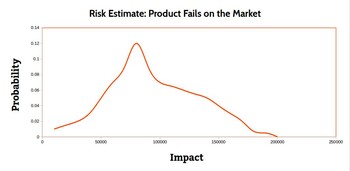
Audit Risk | Brand Risk |
Business Interruption Risk | Business Risk |
Career Risk | Change Risk |
Commodity Risk | Competitive Risk |
Compliance Risk | Concentration Risk |
Contract Risk | Cost Risk |
Country Risk | Credit Risk |
Currency Risk | Customer Risk |
Cyber Security Risk | Data Privacy Risk |
Data Risk | Design Risk |
Dread Risks | Economic Risk |
Environmental Risk | Financial Risk |
Financing Risk | Foreign Exchange Risk |
Good Risk | Health and Safety Risk |
Human Resource Risk | IT Risk |
Inflation Risk | Inherent Risk |
Integration Risk | Intellectual Property Risk |
Interest Rate Risk | Internal Risk |
Inventory Risk | Investment Risk |
Legal Risk | Liquidity Risk |
Market Risk | Marketing Risk |
Natural Disaster Risk | Operational Risk |
Partner Risk | Personal Risk |
Personnel Risk | Political Risk |
Positive Risk | Process Risk |
Procurement Risk | Product Liability Risk |
Program Risk | Project Risk |
Pure Risks | Quality Risk |
Recession Risk | Refinancing Risk |
Regulatory Risk | Reputational Risk |
Residual Risk - the risk that remains after managing risk | Resource Risk |
Revenue Risk | Sales Risk |
Schedule Risk | Seasonal Risk |
Secondary Risk - risk created by managing risk | Security Risk |
Social Risk | Speculative Risk |
Strategy Risk | Supply Chain Risk |
Systemic Risk | Tactical Risk |
Taxation Risk | Technology Risk |
Third-party Risk | Transport Risk |
Unknown Risks | Upside Risk |
Volatility Risk | Weather Risk |






















